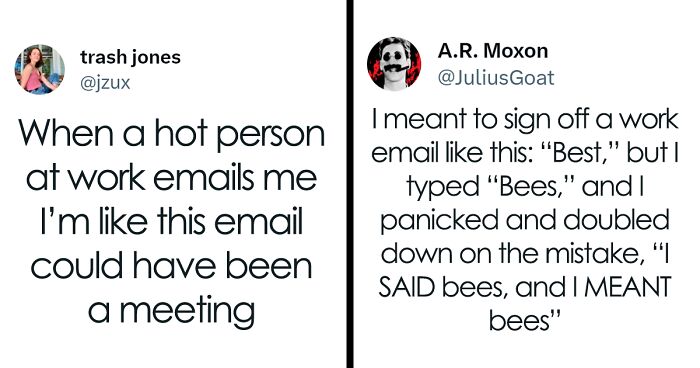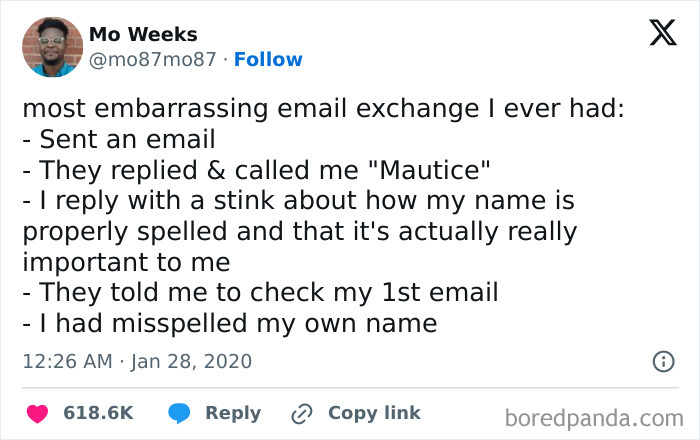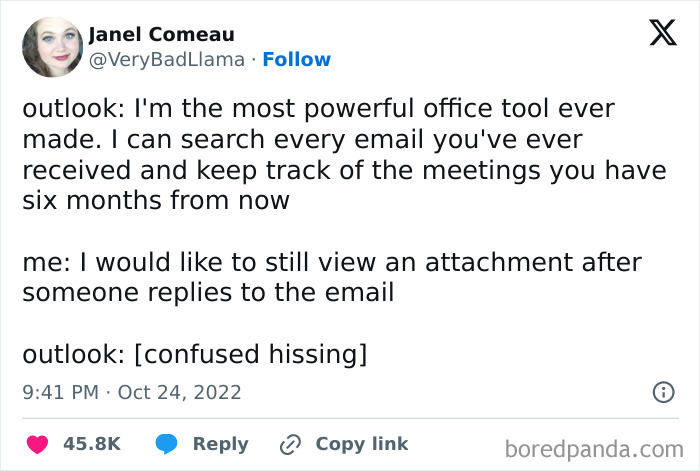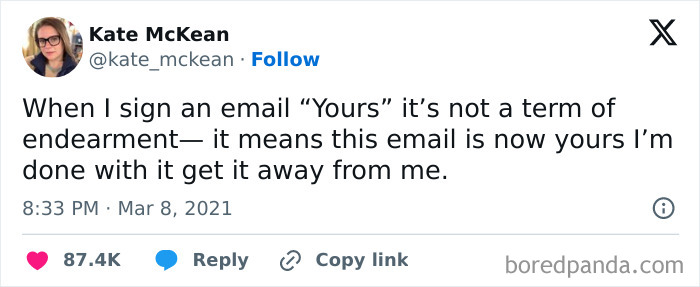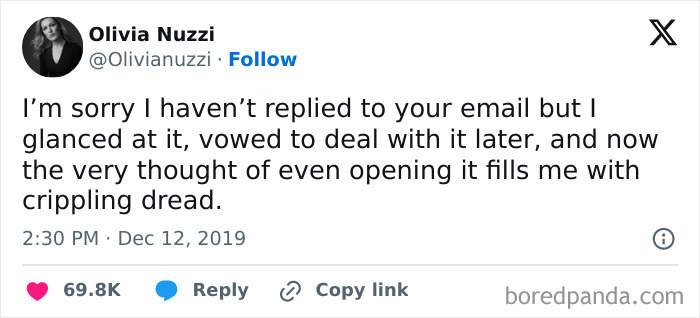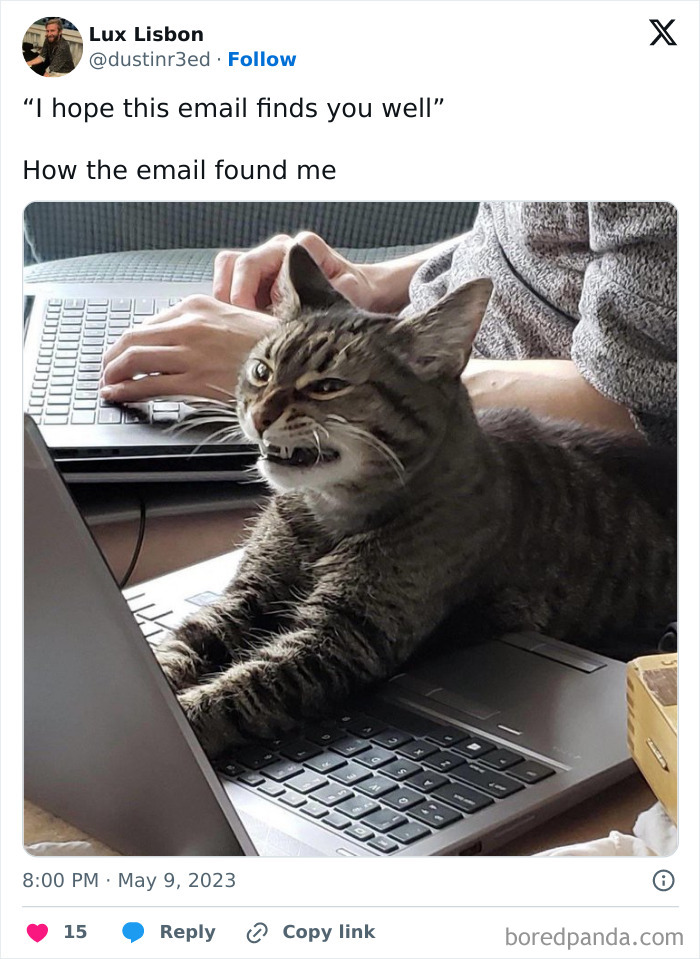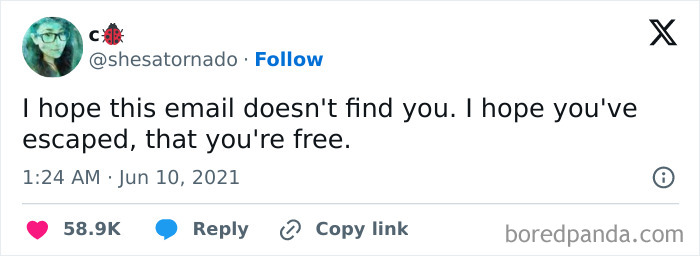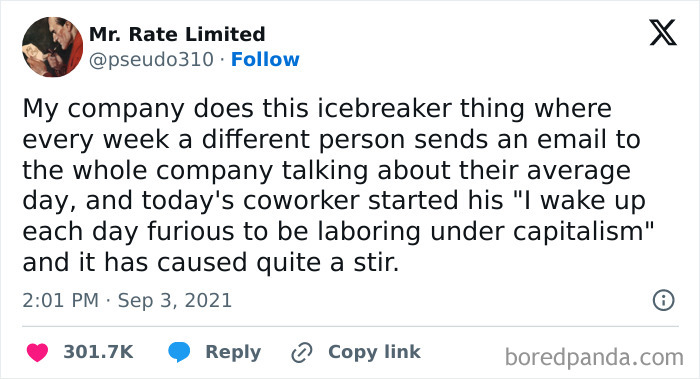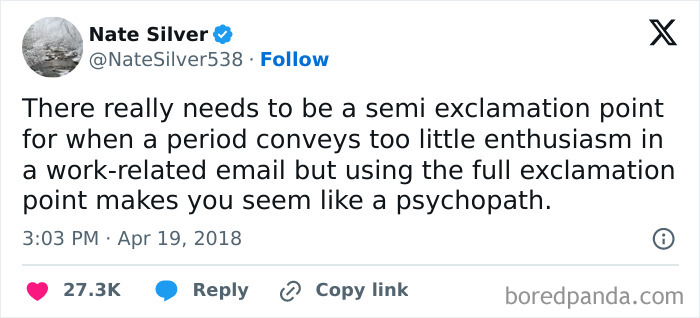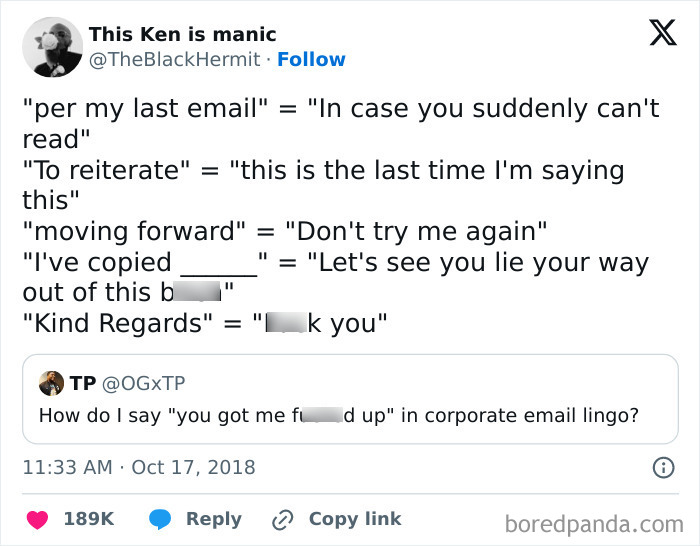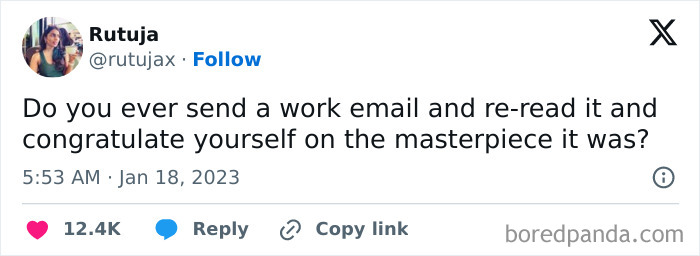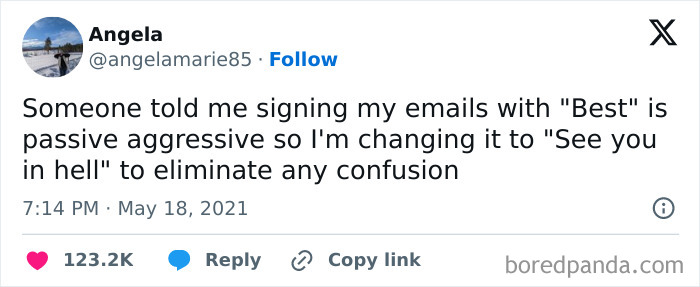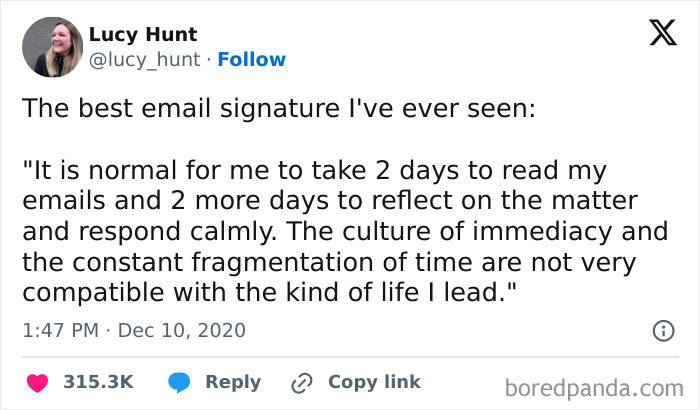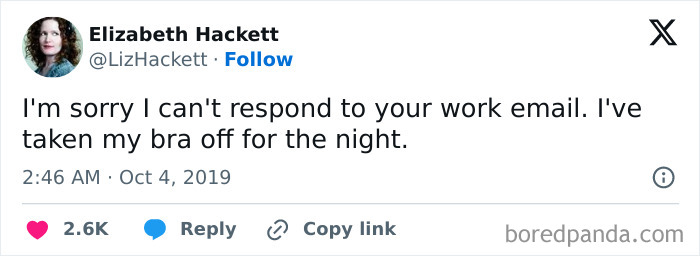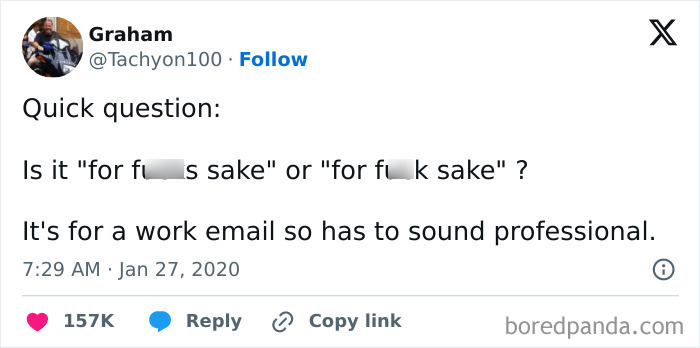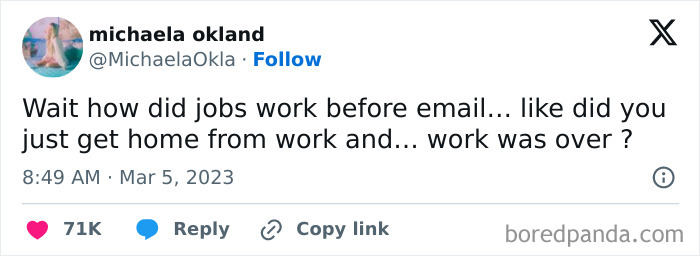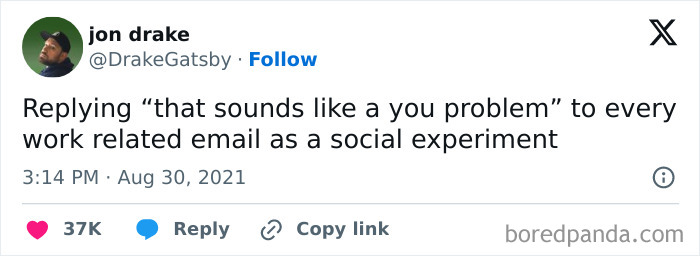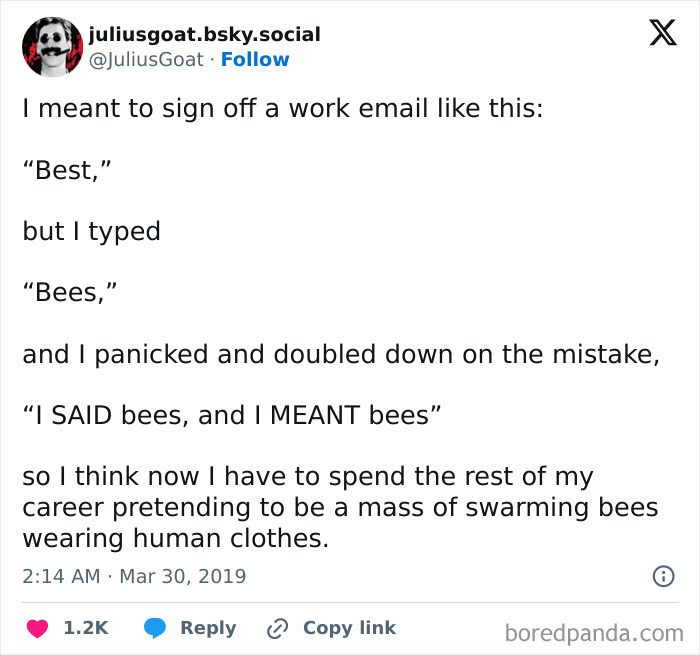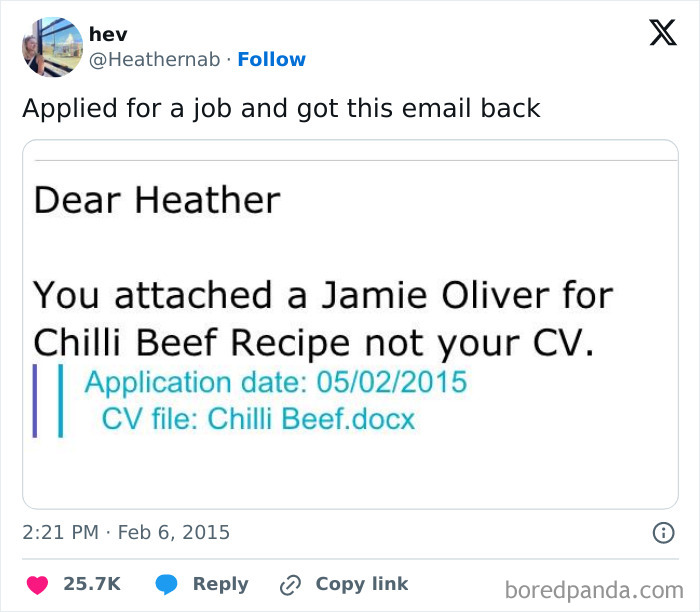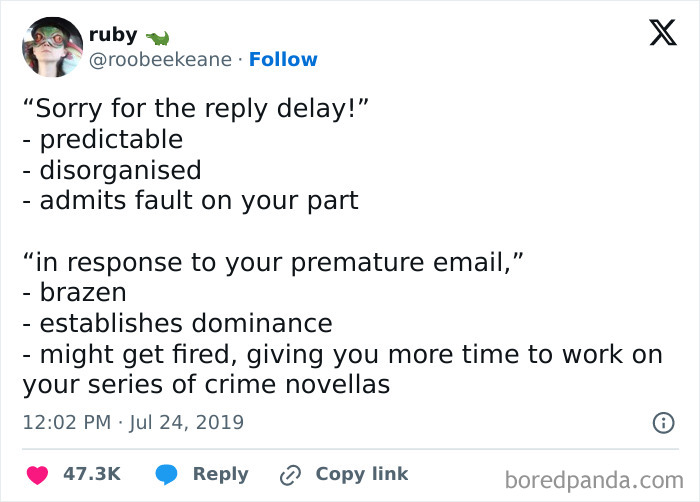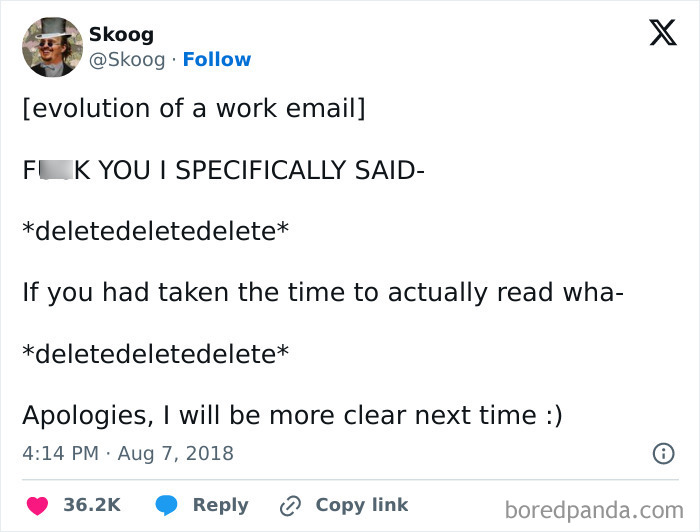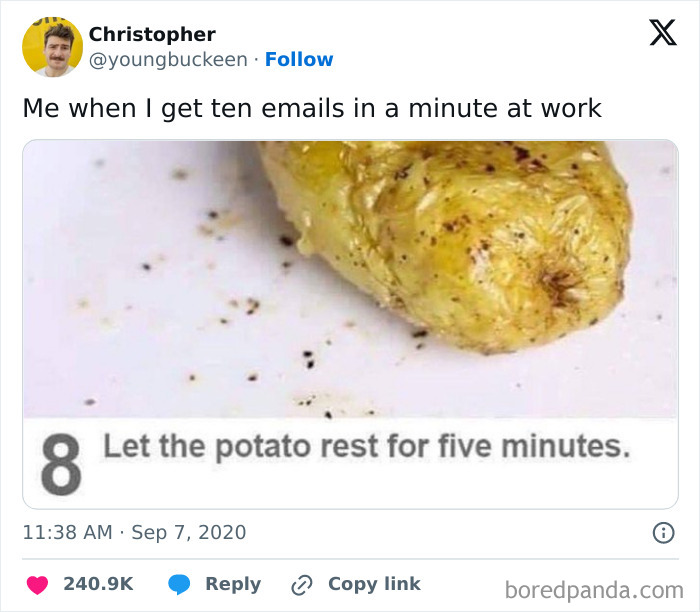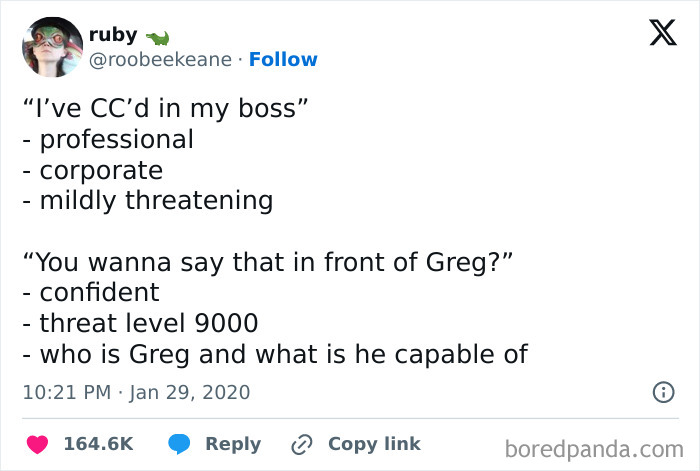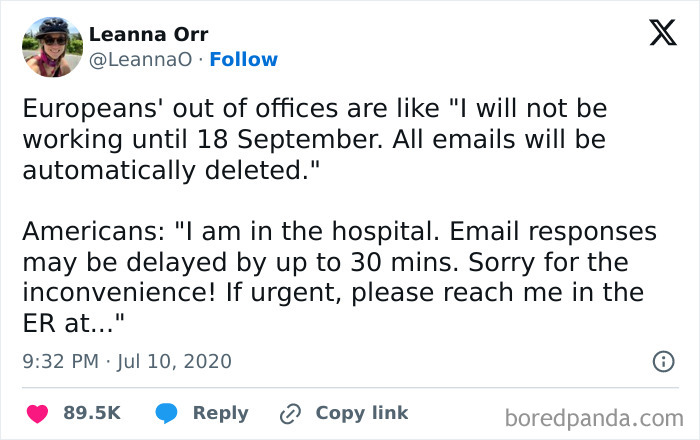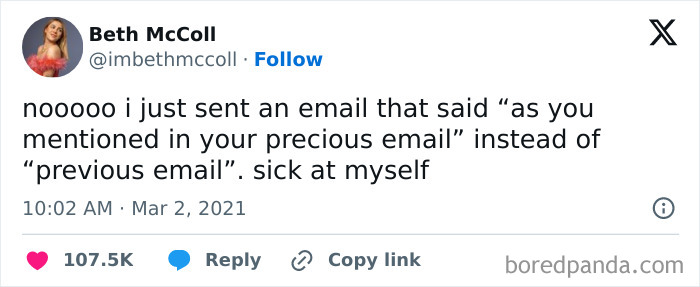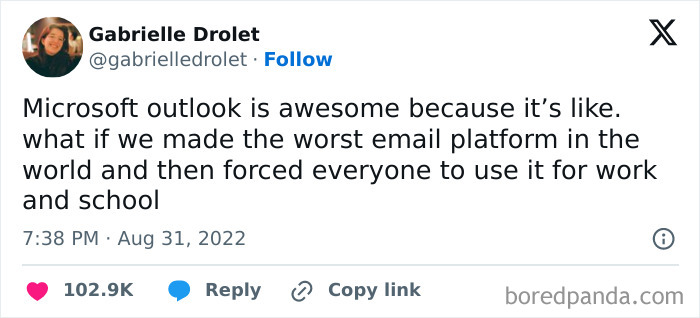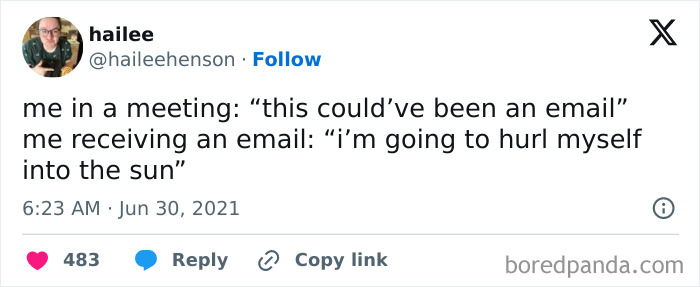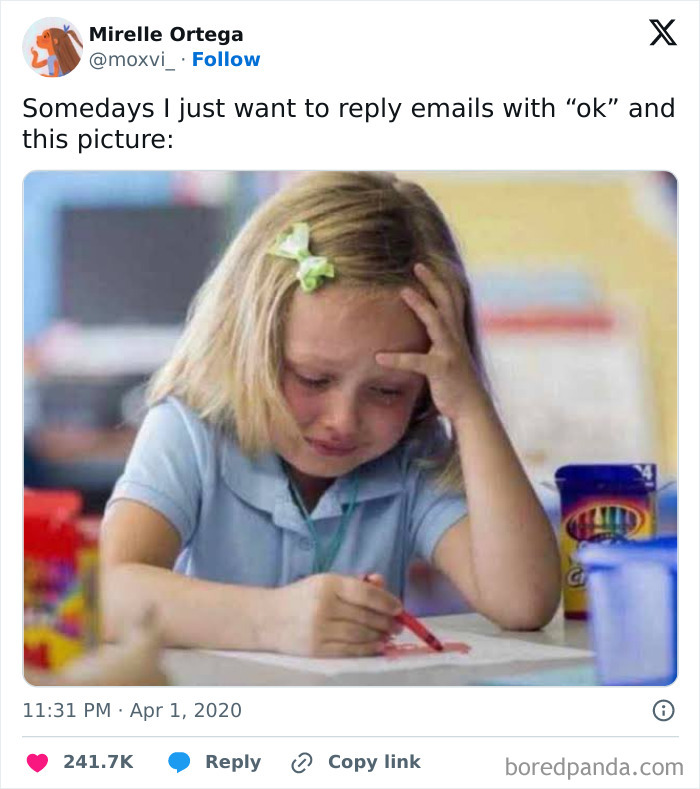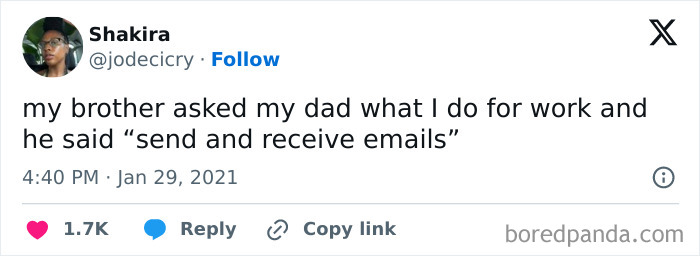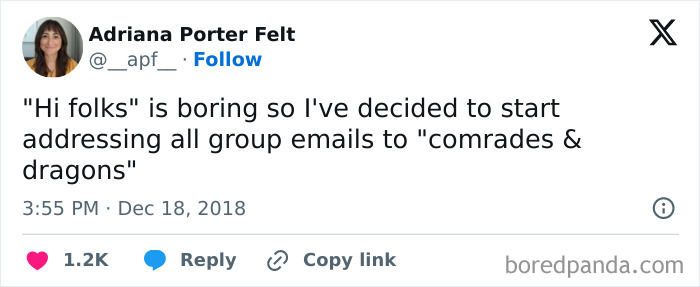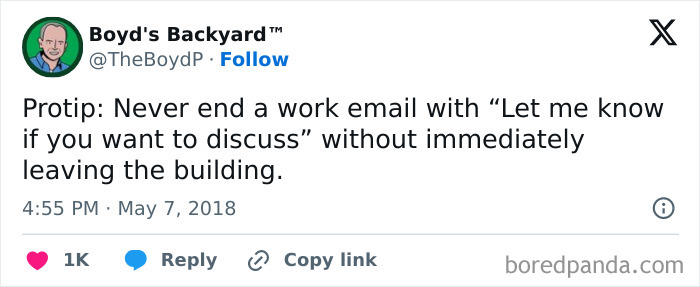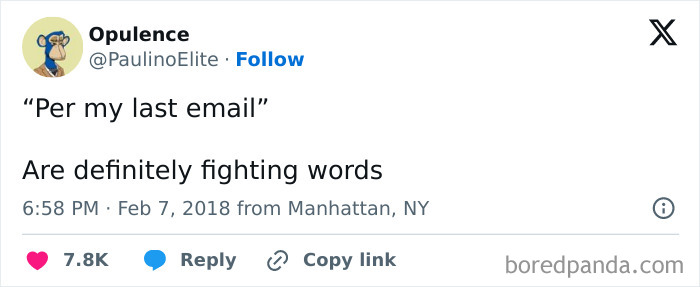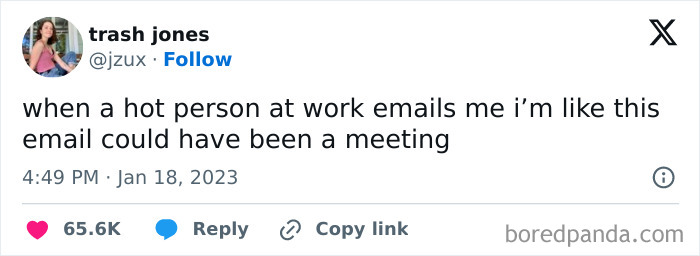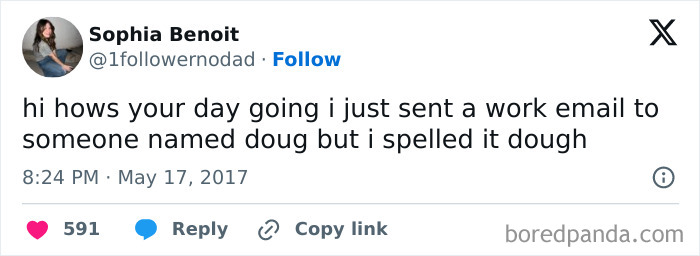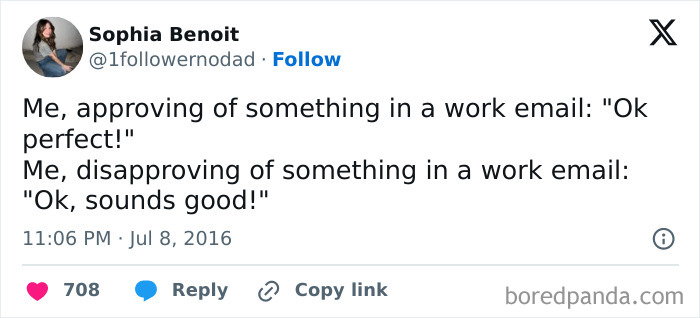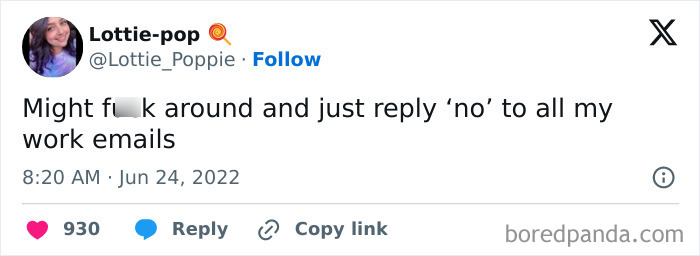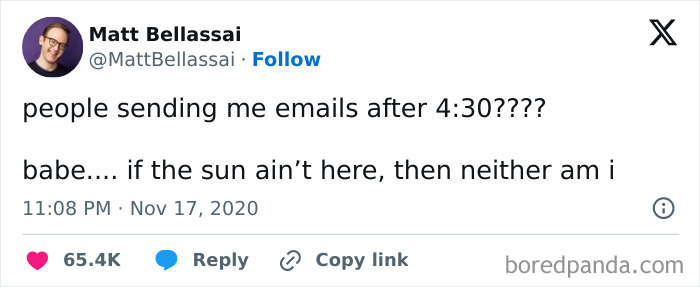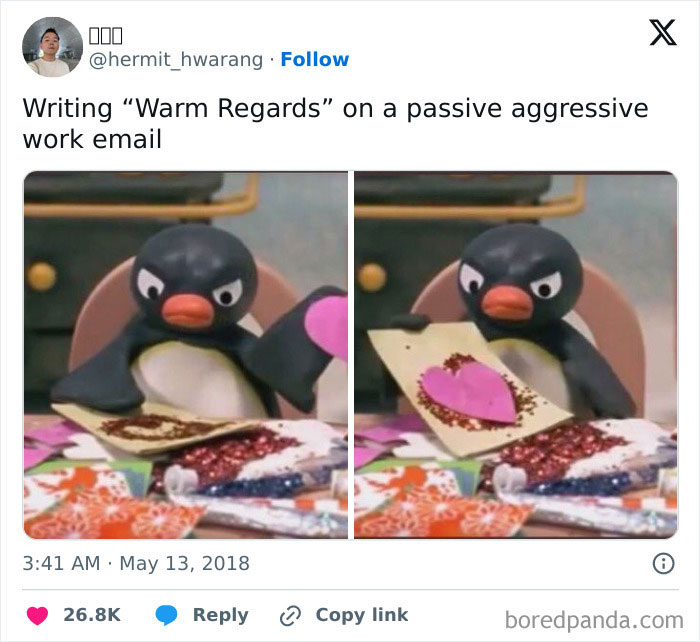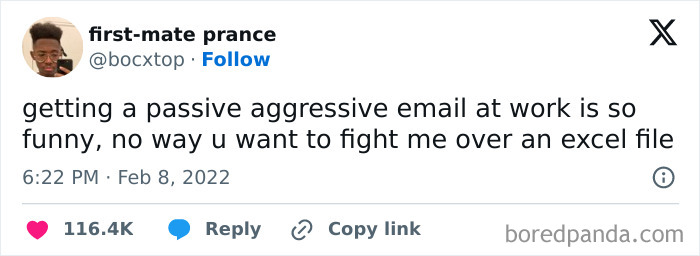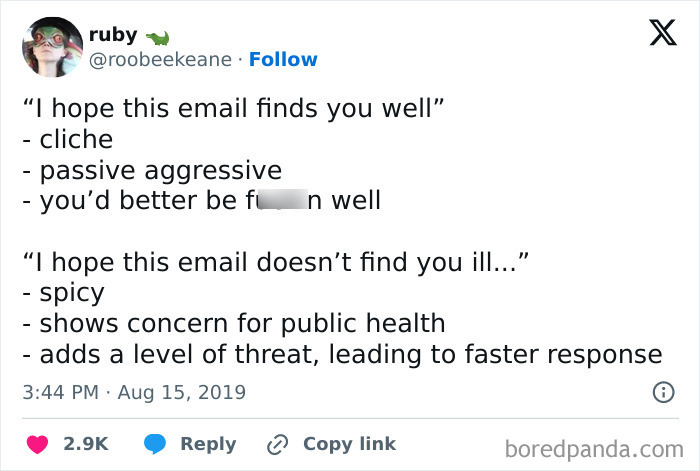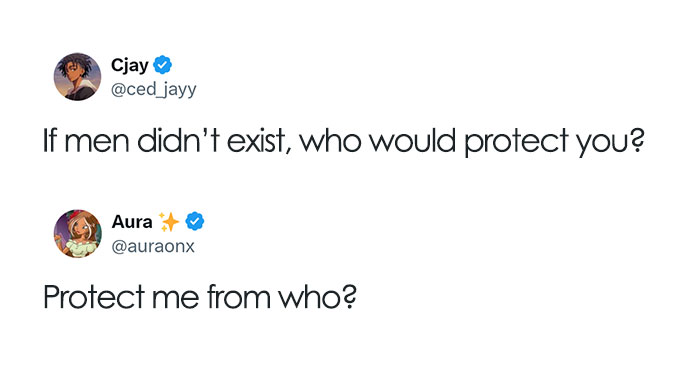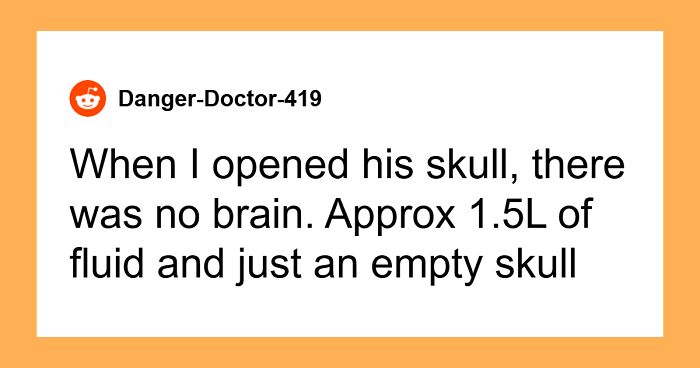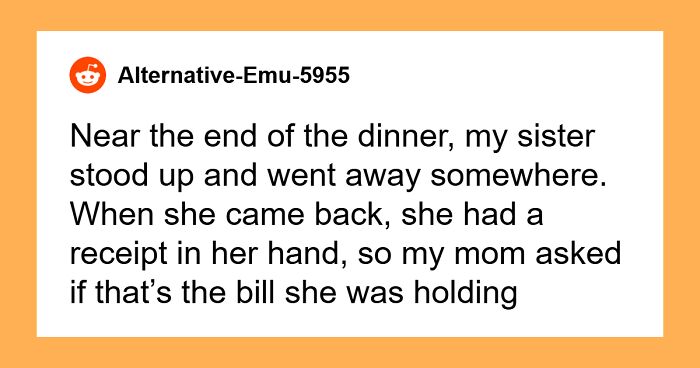As much as employees would like to see email disappear from their professional lives, it persists like a constant but irregular beat, screwing with their productivity and, in extreme cases, even causing interpretative dance moves to break out in the office, a chaotic ballet of 'Mark as read' and 'Move to trash.'
In an attempt to see how people cope, we turned to X. Turns out, humor is usually the answer. So we put together a collection of hilariously accurate posts depicting the struggles of email correspondence at work.
This post may include affiliate links.
A survey of 8,000 Americans and Brits revealed that an average employee spends 10 hours and 47 minutes a week drafting emails.
Considering that they send out 112 of them in the same period, that means that workers spend just over five and a half minutes on each one.
The respondents believe their emails are only fully read and understood just 1 out of 3 times (36%).
This might explain why they said that when their email is responded to, it's common to have their questions not be answered (62%), to be addressed by the wrong name (51%), or to be asked a question they just answered (49%).
However, only the minority shouldn't be blamed for this; most of the respondents said they are guilty of not reading emails, too.
Over half (57%) admitted that if an email is “too long” — eight or more sentences — they won’t bother reading the whole thing.
With that, employees delete or otherwise don’t read an email based solely on the subject line an average of eight times per day.
But this oftentimes has consequences. 45% of respondents have missed something (like a deadline, a meeting, etc.) because they didn't read an important email.
Actually cruel, because it can only taunt a trapped person. A successful escapee will never see it.
I mean this in the gentlest possible way, you are almost certainly not being paid enough to overthink it this much.
Almost half (46%) of respondents feel that email is an outdated form of communication.
Much of their frustration comes from losing emails to the spam or junk folders (53%), or their inbox being clogged with emails that aren't relevant to them (50%) — others said it's easy to misconstrue tone over email (47%) and there's an expectation of staying formal (45%).
Unless it's a matter of life or death (which is never in my profession), my usual answer is "I've now allocated time to deal with your request/query next week" so I actually have a few days to work on it
According to Keith Spencer, Career Expert at FlexJobs, a platform that helps people find remote, hybrid, and flexible job opportunities, there are a few things we can do to make each other's lives a little easier.
"Your level of formality is going to depend on the situation," he told Bored Panda. "But it's usually best to keep things a bit more formal when you are communicating with someone outside your organization, like a client or external partner, or when you're interacting with someone from your same company for the first time."
Spencer said, "if you're exchanging emails with someone internally, like another member of your team, you can start out formal but then aim to mirror their communication style and let your tone become somewhat more casual over time, especially as you build a relationship with them."
"Keep in mind, though, that you can be formal, professional, and friendly all at the same time, you just don't want your work emails to have the same tone as an email to your best friend," he highlighted.
As an Air New Zealand passenger, I wanna say it TO Greg because in most cases he’s the one being a greedy douchebag while his workers carry his dead weight.
anyone who sends a work email *and expects a reply. My clients are in a different timezone than me; they can send emails whenever they want as long as they respect that I’ll answer it when I start the next day.
How exactly does one hurl oneself into the sun from earth? Asking for a friend.
This photo hurts my heart EVERY TIME it pops up somewhere. I hope she's enjoying her life, wherever this little girl is.
That's exactly what I do for a living. My job title says otherwise but that's about the gist of it.
I loved getting that emails with the "delete after reading" or "for your eyes only". I'd immediately printed them out. Over the years I learned that emails like that signified unethical & even illegal proposals.
Discuss your idea with HR. I think they may have a solution for you.
If it's not what I asked for or if what I asked for isn't in it, I just might want to fight lol
I've found ending a work email with "Let me know if you have any questions" a really effective way of not hearing back. It implies that if you do have questions, it's strictly due to a lack of reading comprehension on your part.
Speaking of work, "over qualified" is corporate speak for, "not easily manipulated".
I would say it means "You are going to expose how little we know what we're doing."
Load More Replies...When i was in corporate hell, i spent an inordinate amount of time explaining my emails to HR.
I've found ending a work email with "Let me know if you have any questions" a really effective way of not hearing back. It implies that if you do have questions, it's strictly due to a lack of reading comprehension on your part.
Speaking of work, "over qualified" is corporate speak for, "not easily manipulated".
I would say it means "You are going to expose how little we know what we're doing."
Load More Replies...When i was in corporate hell, i spent an inordinate amount of time explaining my emails to HR.

 Dark Mode
Dark Mode 

 No fees, cancel anytime
No fees, cancel anytime 



